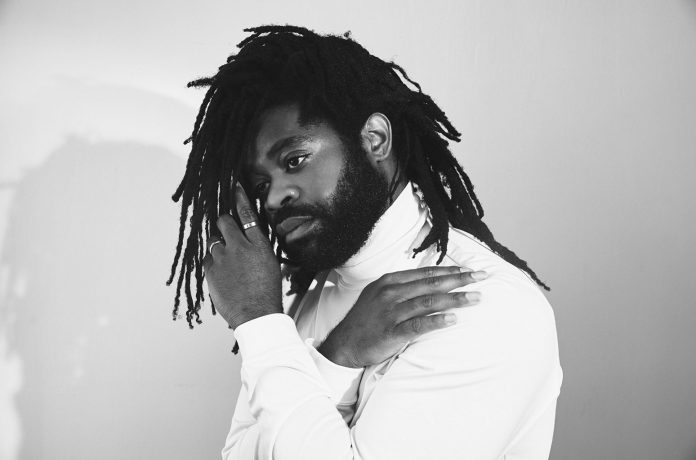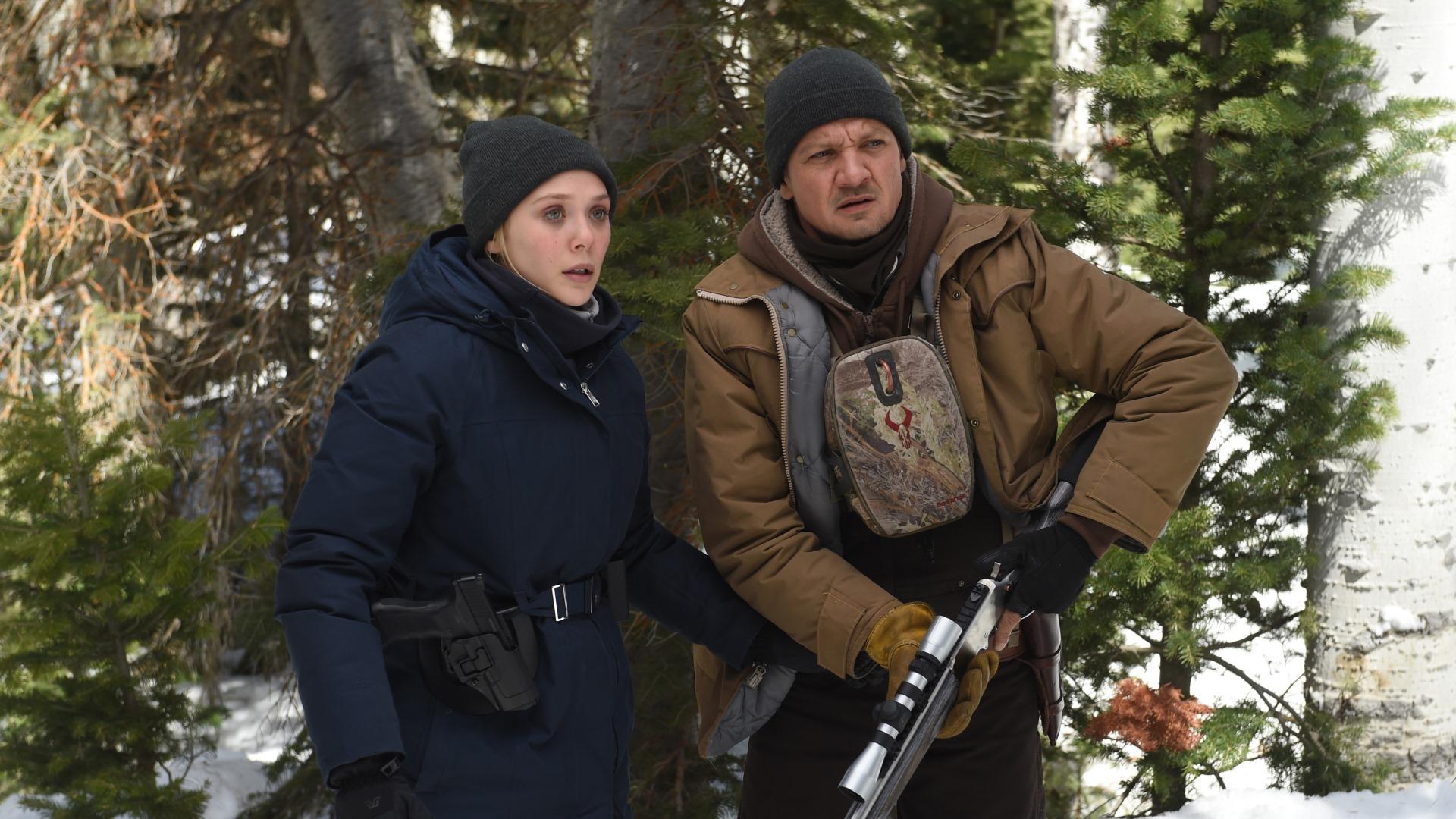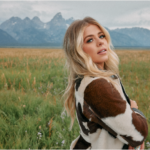One of the big things that I am a fan of when listening to an album is intricacy. Whether it be in lyricism, musical arrangments, or vocal struggle, all of those can come together to make for something you sink into to. R.LUM.R. is able to utilize all three of these pillars together to make a highly creative debut album called Surfacing.
The album is a chronicle of situations and emotions that R.LUM.R, the performing moniker of Reggie Williams, has experienced over a two years period. This ranges from depression, anxiety, what it means to be a black man during this time, and many others. He is able to quantify all this into a 13-song work that threads itself in transitions much like a feature film. What you are witnessing is a man who is coming up for a breath of air escaping the weight of all he’s been through. On its release day, we talked about where the concepts of Surfacing came from and everything in between.
I liked that Surfacing is an immersive album experience that chronicles where you’ve been for the past two years. I wanted to speak about the album cover briefly because obviously, you are immersed in water. There’s a part of you that is coming out of it. I feel like this album is basically speaking to that. With releasing your debut album and all the personal experiences that you kind of touch on, how are you feeling like putting this out into the world?
I think it’s good. I feel a sense of zen about it. It is essentially like writing things down in a journal for me. Once I dedicate things to paper, that process of putting them down is the process of figuring them out for me. It’s interesting because it’s kind of like on two timelines. I’ve sat with these things for a while and able to mull them over.
Putting them out in the world does definitely expose them to people’s scrutiny and to be able to dissect them under whatever power microscope they see fit. That doesn’t scare me. That doesn’t make me upset in any way. I think it’s more important that I’m talking about these things and trying to create a conversation surrounding them then it is for me to feel any kind of way about it. I’m just proud that I can actually commit it all to wax.
Opening the album with “Making A Choice” and having the inner monologue is both interesting and creative. It starts with an inner monologue and the negative voice leader. In the chorus, you say that you’ll be your own strength. I feel like this song sets a through-line with the battle of opposing emotions, but ultimately finding a way through. There’s a little bit more of this with “Call Me Back.”
Yeah, you nailed it pretty close. Those two soaring the polar sides of yourself are really trying to be pretty blatantly represented there. That does feel like the narratives wars or kind of like the prologue to me. The opening or the scene-setting. Then you start digging deeper into those things as you get to “How This Feels” on. “Making A Choice” and “Surfacing” were the two songs that I feel like were kind of the nucleus of this record. That beginning presented me with sort of the problem which was the lines “Making A Choice.” I don’t want to spend my 20’s tired, drunk and alone/Justifying why I keep you up all night on the phone”
Then to the other end of the spectrum, which was “Surfacing,” which was the literal surfacing action coming up from underwater of the things that were presented throughout the record. I remember that song really be at being influenced heavily by this video game called Hellblade: Senua’s Sacrifice. The game is super, super cool. It’s a triple-A title made by an indie team called Ninja Theory, which is a huge accomplishment. They basically demonstrate this game in a way that has the main character dealing with these like visual and mental psychosis themes.
One of them is like these voices in her head that sometimes protect her. There’s no life bar. There’s no HUD or anything on the screen. If someone is trying to hurt her, they’ll be like, “watch out” or something like that. When she’s fine, they’ll say, “you can’t do it. You’re not good enough. You’re not going to make it.” The same voices that protect her also hold her back in the sand. That idea of the warring sides of the self really influenced and helped me codify what I was trying to say on the record. Especially with the set-piece to set it up “Making A Choice.”
You touched on the record kind of being cinematic and I feel this with the transitions that go from song to song. I even noticed with your voice going through the album, things get a little clearer. Just like someone who is coming up from underwater and clearing their lungs. Take me through the musical components of the album.
Yeah, water is a super-powerful force. It’s something that I think I’ve always been really interested in. I mean, as a kid, I grew up in Florida, and we spend a lot of time on the beach. You grow sort of a very quick appreciation and I didn’t realize how deep it was in me. Water, especially the ocean can kill and destroy and do everything terrible in the world. It also can be a peaceful, restorative experience to just go sit on the ocean side.
I really like that dichotomy. I see that as a metaphor for the dichotomy of just being a person. Am I a good person or not? That’s the kind of behavioral binary that I think we all get taught. Whether or not it’s true is a different subject, but we definitely all get kind of inundated with that good versus evil kind of idea.
With the album, especially through the journey of all the transitions, the reason things are so connected is that I believe these emotions don’t happen in isolation. They don’t happen in a vacuum. Everybody feels all of this stuff all the time. it’s just an oscillation back and forth. With “Happy,” for instance, a lot of the titles are kind of a play on what they usually mean. “Happy” is probably one of the saddest songs on the record or “Lonely” about being external and about helping other people. So, the whole record, I feel like for me was just a process of looking at how dichotomous just being a person is. Water, I feel was a really good and natural metaphor of that for me. I definitely kept that in my mind during writing.
There’s some commentary on love that I got from the perspective of depression. It’s when you feel sad within yourself, there’s kind of a co-dependency that can happen. You look for happiness in somebody else like you touch on this with “How This Feels.” With “Lies,” you wonder is this really love or is this just really physical? Throughout the two years that you made this album, what have you found about love and how you express it?
There are definitely a lot of areas throughout the record where you are externalizing. It starts and I think it’s that it’s worse on “How This Feels.” It’s definitely in “Give me A Reason” as well. The verses where things are said like “Storytellers tellin’ precious lies/
“Special someone” that’s a precious lie” indicates that bitter jadedness when things don’t go your way.
These are the processes of it, and this is something that I definitely hope the listener takes away as well is that people are humans. I think, nine times out of 10 people don’t want to hurt or to hurt you. Especially with your emotions and love, you know. Maybe I’ve learned to be a little more understanding and a little more forgiving. Just giving people more space to figure out what they are, where they are and what they want. Especially in the context of another person. It’s a work in progress like anything is.
There’s one song that I really appreciate. It’s “Boys Should Never Cry.” This is an album that is very emotional and it breaking down those masculinity barriers. Men can be vulnerable and cry and it’s not looked upon as weakness. I think that as two black men, our community has this outlook on always being tough. That’s even with men in general, but it’s slowly changing. I really appreciate you expressing that and showing that you can be emotional and that emotion is strength.
Yeah, and that again, was part of the dichotomy that I was trying to show and put a lot of light on. I’m glad that you got that. I’m glad you could sort of take something from that in a very personal way because that’s what I’m hoping for. For people to not be turned away by this sort of shock of the title, “Boys Should Never Cry.” I want people to dig into it and actually listen to what it’s saying and what it’s trying to demonstrate. That one was very special to me as well definitely comes from a place of personal experience. I hope that it’s something that more people can feel find some comfort in.
There’s also “What If I (Still Feel).” You mention a lot of things like in reference to police brutality and what it is to be a black man in this world right now. What is that song personally to you? I think it’s another song that’s one of the defining ones in the album.
It’s definitely an extension of things that are talked about in “The Middle of the Night” and “Boys Should Never Cry.” The thing about it is, again, speaking as a black male, you’re supposed to suck it up. You’re supposed to be really tough and whatnot. The reason a lot of that happens is because of the environments that a lot of us face. At least where I grew up. I grew up in projects where you have to suck it up, you know,
That’s why it hurts so much is because I don’t want to have to endure. There shouldn’t be a situation where you have to. ‘What If I’ is sort of a lament of that. What do I do if I just still feel all this stuff? As much as I’ve been trying to not just break, I’m so close. I feel all of this stuff. I’ve been working so hard out of the idea of self-preservation to protect myself. However, I still feel all of it. What do I do with this?
Like you said, that lyric, “I race to chase paper ’cause/These cops won’t stop killin’ us” and “And never mind my feelings cause/The weak ones get fed to the lions.” Just those last two lines. It’s almost like I don’t even have time to feel these things. I remember my father saying something like that. We don’t really have time to be depressed. Even though clearly him even saying the word depressed is an acknowledgment of the fact that he was depressed.
That was something that I feel like is the most plaintive, desperate song on the record because there’s no happy ending at the end. That’s why the “steady as it goes” part is at the end of the song. Regardless of the fact that you just went through all this super difficult, plaintive, awful shit. Steady as it goes. Life just keeps rolling. Almost uncaring in a good or bad way, depending on how you take it. I feel like it is a cornerstone for the next record for me. I was very proud of it.
My last question is about “Lonely.” You talked about the meaning of the song. Even though you’re going through some things, you’re never alone. With this whole album, I also felt it served as a message to yourself as well. There are still people here for me. There’s this reciprocal energy that both you the artist and the listener exchanges. How important was it for you to end the album on that note?
What’s funny about that tune is almost didn’t make it, actually. “Surfacing” and “Lonely” are the last few records and they both do have a bit of an uplifting quality. “Lonely” made it because while “Surfacing” is very explicit about the feelings I’ve spent getting to the riptide and the rising sea of general anxiety, it makes me not like me. There’s still a bit of darkness to it. I wanted something that felt like the credits rolling. Where it like the end of the original Flash Gordon that shows to be continued, question mark. Where something sort of turns the character external and it sets up maybe even for a sequel. It was important for me to turn it positive.
A cool thing about writing is that even though it has to be based in your experiences, you control that universe. I can make something that wasn’t positive in real life be positive if I want to. The process of surfacing is that you have to stay above water once you surface. ‘Lonely’ was kind of that attempt for me.













